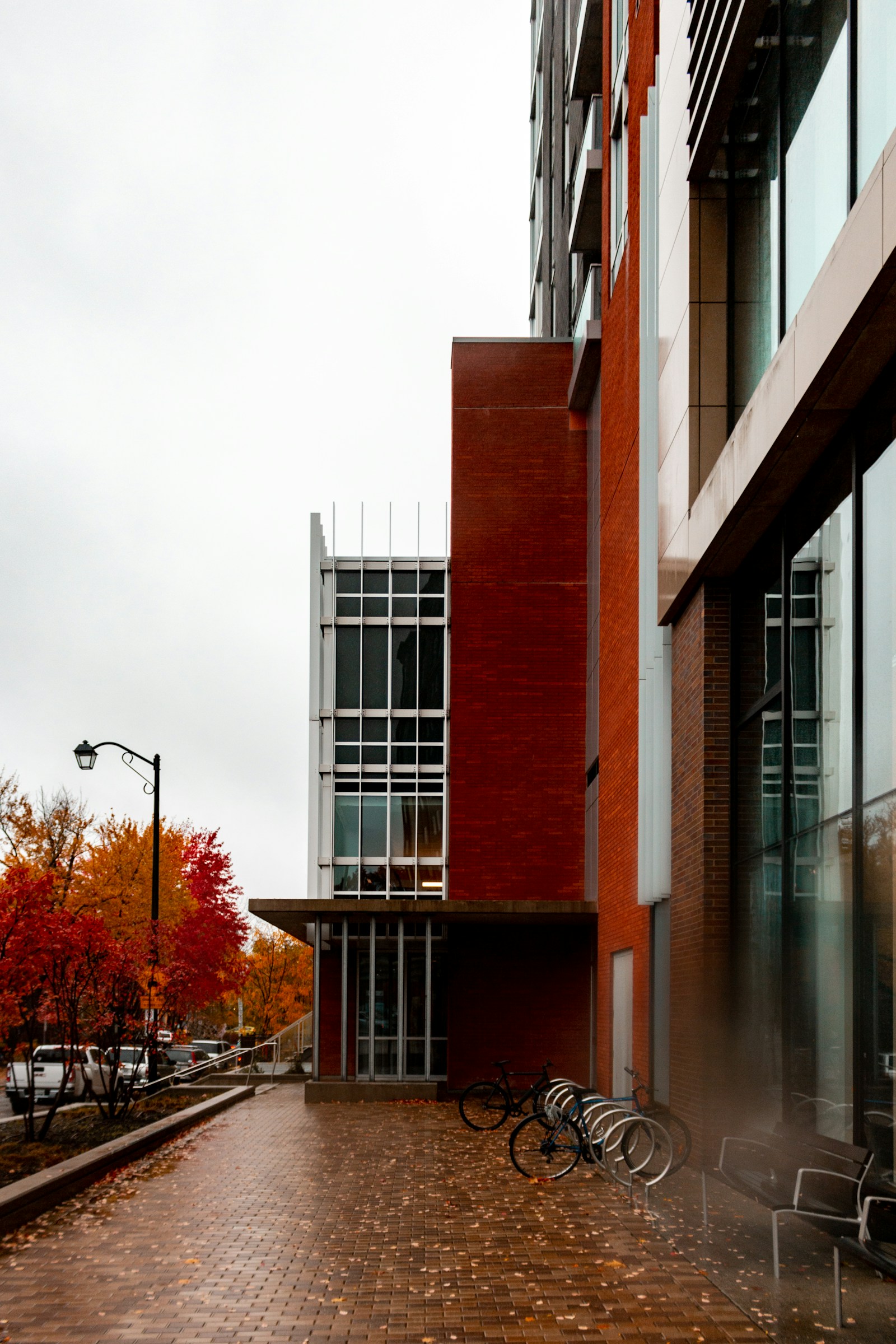Confused about real estate taxes in Ottawa? This 2025 guide covers property taxes, rebates, land transfer fees, and tax tips for homeowners.
Overview of Real Estate Taxes in Ottawa
If you're buying, owning, or selling property in Ottawa in 2025, understanding real estate taxes is crucial. Taxes can significantly affect your:
Monthly housing budget
Closing costs
Rental income
Profit from selling
There are three main categories of taxes to consider:
Property Taxes (annual municipal fee)
Land Transfer Tax (one-time fee at purchase)
Capital Gains Tax (when selling an investment property)
Each plays a role in your overall real estate strategy and financial planning.
2025 Ottawa Property Tax Rates
Property taxes in Ottawa are calculated by multiplying your home’s assessed value (by MPAC) with the municipal tax rate. For 2025:
Residential property tax rate: ~1.14% of assessed value
Example: A home assessed at $650,000 pays about $7,410/year
Where Your Taxes Go:
Roads and public transit
Garbage collection
Emergency services
Libraries, parks, and community centres
You can use the City of Ottawa’s Property Tax Estimator online to check your rate.
What is the Land Transfer Tax in Ottawa?
In Ontario, homebuyers pay a one-time Land Transfer Tax (LTT) when closing a real estate deal.
2025 LTT Rates:
First-Time Buyer Rebate:
Up to $4,000 rebate (equivalent to LTT on a $368,000 home)
Must be a Canadian citizen or permanent resident
In Ottawa, you do not pay the additional municipal LTT like Toronto buyers do.
Capital Gains Tax When Selling Property
Capital gains tax applies only to investment properties or secondary residences. If you sell your primary residence, you're generally exempt.
Quick Breakdown:
Primary residence: No capital gains tax
Rental property: 50% of the profit is taxable as income
Inherited property: Tax depends on use and fair market value
To reduce capital gains, investors can claim:
Renovation expenses
Realtor commissions
Legal and moving costs
Rebates and Credits Available to Homeowners in 2025
Ottawa and Ontario offer several programs to ease the tax burden:
Federal & Provincial Programs:
Ontario Energy Rebate: Up to $5,000 for eco-friendly upgrades
Seniors' Property Tax Grant: Up to $500 annual refund
CMHC Green Home Rebate: Up to 25% off mortgage insurance for energy-efficient homes
Local Programs:
Tax deferral programs for low-income seniors and people with disabilities
Water and sewer bill subsidies for eligible homeowners
Always consult a tax advisor before claiming.
How Property Taxes Are Assessed
Assessments are handled by MPAC (Municipal Property Assessment Corporation).
How It Works:
Assessed every 4 years (last cycle was postponed; 2025 update expected)
Based on property sales in your area, lot size, age, upgrades
Appeals must be filed within 90 days of receiving your assessment
If you feel your assessment is unfair, you can submit a Request for Reconsideration (RfR) for free.
Real Estate Taxes on Rental and Investment Properties
If you own a rental in Ottawa, you're required to declare rental income on your taxes.
Deductions You Can Claim:
Mortgage interest
Property taxes
Repairs and maintenance
Depreciation (Capital Cost Allowance)
Utilities (if paid by landlord)
Keep detailed records—CRA audits investment properties more frequently.
Real Estate Taxes for New Builds and Pre-Construction
Buying a new home or condo in 2025? You’ll likely pay HST, but you may qualify for a rebate.
Key Points:
HST is included in builder pricing—but always double-check
New Housing Rebate: Get back up to $24,000 (federal portion) if the home is under $450,000 and for personal use
GST/HST applies to upgrades and finishes as well
Speak to your builder and lawyer before finalizing your contract.
Working With a Real Estate Lawyer or Tax Advisor
Professional advice is key when navigating real estate taxes:
Avoid costly mistakes—proactive planning saves you money.
FAQs About Real Estate Taxes in Ottawa
1. How often do property taxes increase in Ottawa?
Usually annually, based on city budgets. In 2025, a 2–3% hike is expected.
2. Do I pay land transfer tax if I refinance?
No. LTT only applies to new property purchases.
3. Are property taxes higher in the suburbs?
They can vary by area, but rural homes may have lower rates than central Ottawa.
4. How are condos taxed differently?
They’re taxed the same way, but their assessed value may be lower, reducing annual taxes.
5. What happens if I don't pay property taxes?
Unpaid taxes can lead to interest charges, liens, or even a property tax sale.
6. Can I pay property taxes monthly?
Yes—Ottawa offers a monthly pre-authorized debit plan for easier budgeting.
Final Thoughts: Planning for Real Estate Taxes in 2025 and Beyond
Whether you're buying your first home, investing in a rental, or preparing to sell, understanding real estate taxes in Ottawa will empower your decisions. Stay informed, plan ahead, and consult professionals when needed to keep your finances optimized.
Real estate is one of life’s biggest investments—don’t let tax surprises catch you off guard. 💸


